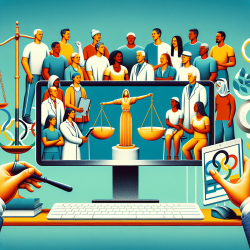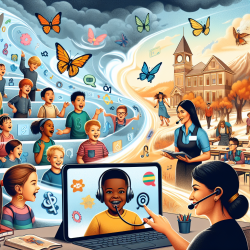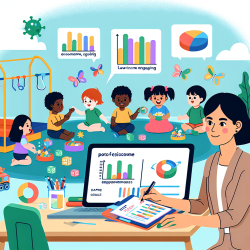In the realm of special education and therapy services, we constantly seek ways to improve our practices and ensure that we are meeting both legal and ethical standards. A recent research article titled "Hosting and Human Rights: The Summer Olympics in the Twenty-First Century" offers profound insights that can be applied beyond its primary focus on international events. By exploring the outcomes of this research, practitioners can gain valuable perspectives that may enhance their approach to therapy services.
The Core Findings
The research by Ross and McDougall delves into how the Summer Olympic Games have historically been used to justify increased surveillance and displacement in host cities. This study situates sport within International Relations, highlighting civil and human rights intrusions across successive Games from Sydney 2000 to Rio de Janeiro 2016. The authors argue that these events often mask human rights infringements while promoting a neoliberal order.
Translating Research into Practice
While this research focuses on international sports events, its implications are far-reaching and can inform practices within educational settings, particularly in special education and therapy services. Here are some key takeaways for practitioners:
- Cultural Awareness: Understanding the impact of large-scale events on local communities can enhance cultural sensitivity in practice. This awareness is crucial when working with diverse populations.
- Advocacy for Rights: The research underscores the importance of advocating for human rights, a principle that is equally important in educational settings where students' rights must be protected.
- Critical Thinking: Encouraging critical thinking about societal norms and practices can empower both educators and students to challenge injustices within their environments.
- Sustainability: Just as the research calls for sustainable practices in hosting events, educators can implement sustainable approaches in their programs to ensure long-term benefits for students.
The Call for Further Research
This study serves as a catalyst for further exploration into how large-scale policies and practices affect individual rights. Practitioners are encouraged to delve deeper into how these dynamics play out in educational contexts, potentially leading to innovative approaches that prioritize human dignity and equity.
Hosting and Human Rights: The Summer Olympics in the Twenty-First Century
This link provides access to the original research paper for those interested in exploring the detailed findings and methodologies employed by Ross and McDougall.










